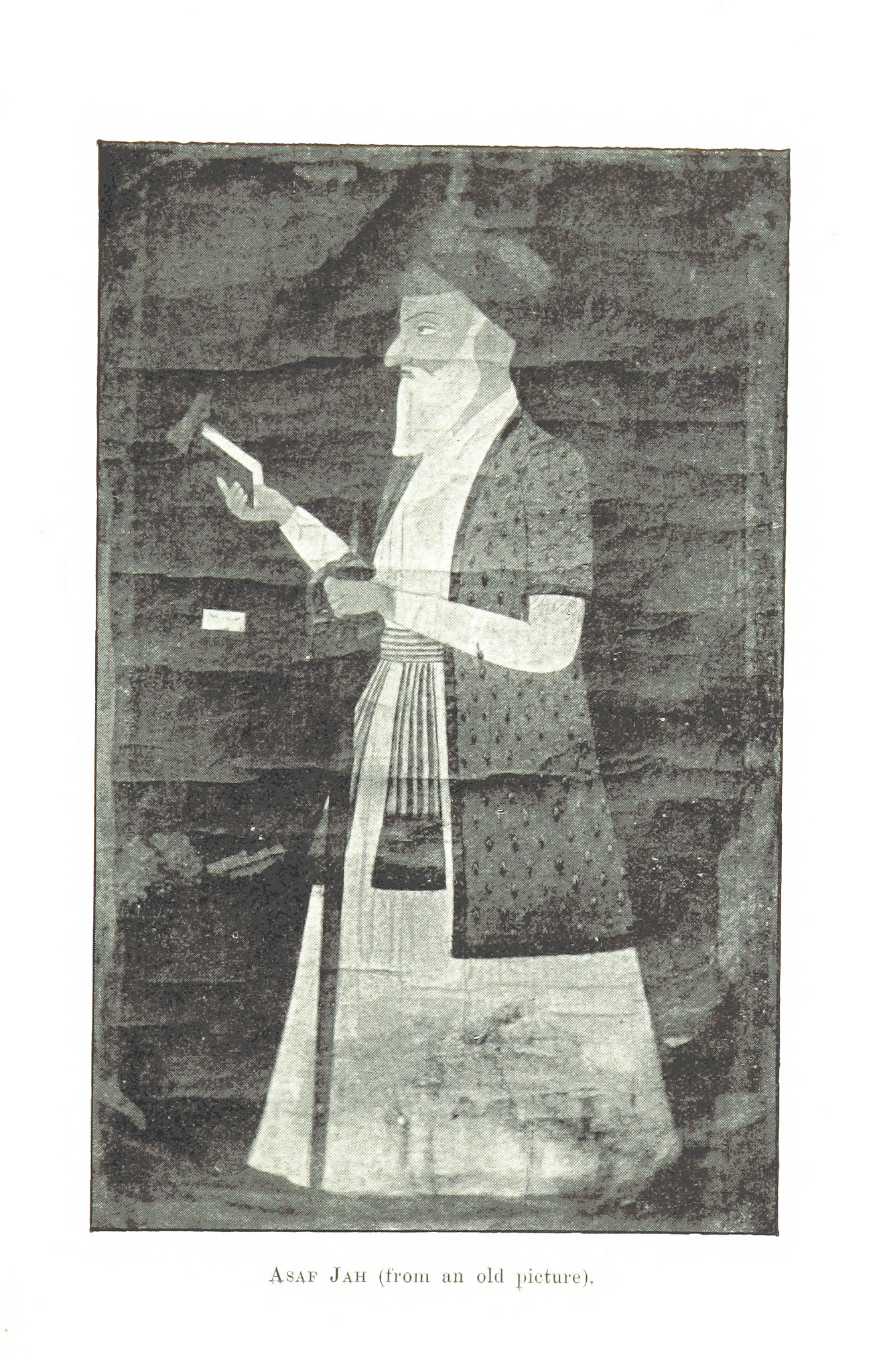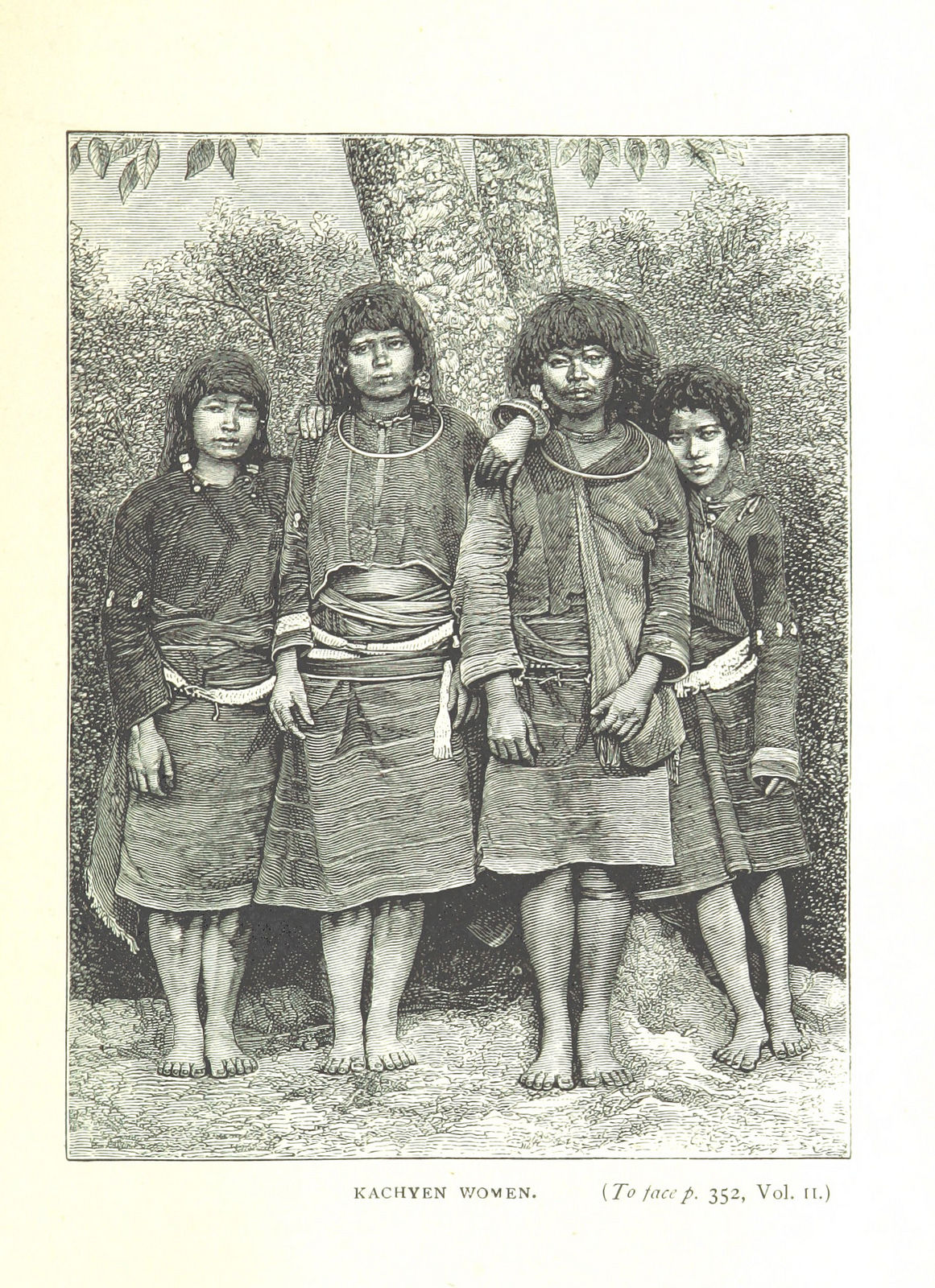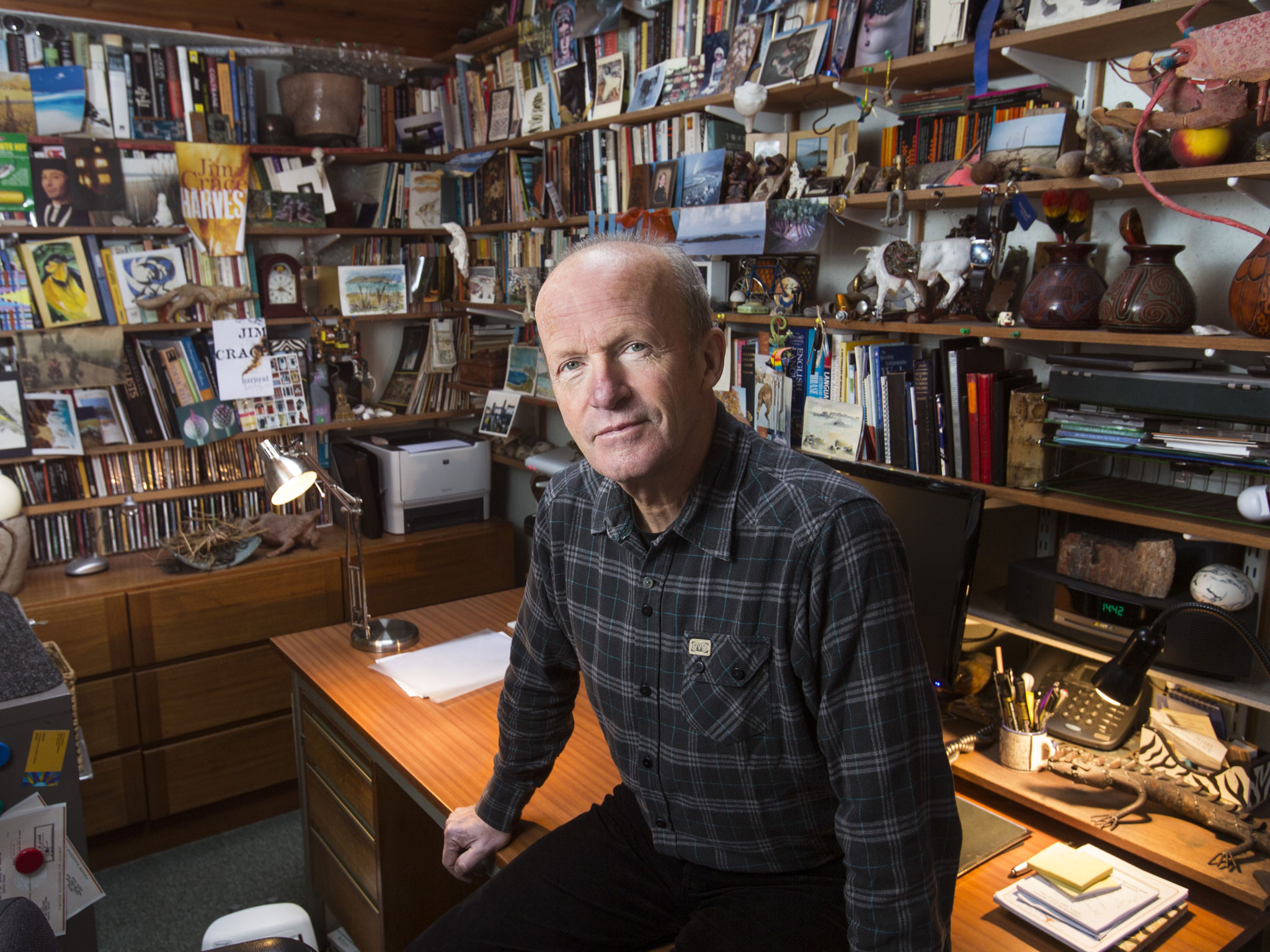Do you suffer from writer’s block? I’ve been thinking of taking a break because writing is coming tougher to me nowadays for various reasons. A friend mentioned maybe it was a writer’s block. Since I’ve never fallen for the whole idea of a wall blocking your creative side, I thought I will write about it. And just then serendipitously I came across my wonderful author friend Andaleeb Wajid’s rather helpful blog on the same subject. Andaleeb is a superstar author who keeps churning out one fantastic book after another, while taking care of a vast family, doing workshops on creative writing and generally being a fantastic person. So if she’s talking about this block-monster-thingy, believe me she knows her stuff. And this is what she suggests you do.
What’s this Writer’s Block?
If there’s one thing every other writer will tell you or post/tweet is that they’re facing a writer’s block at some point or the other in their writing career. Of course, if you are a writer, you know for a fact that writer’s block can strike you unawares and the novel that you were working on is no longer flowing from your finger tips on to the keyboard. This feeling of being stuck, of not being able to move forward is typical of writer’s block. But here’s a secret. Writer’s block doesn’t exist. What? Yes. It doesn’t. Writer’s block has more to do with your mental disposition at the point of time when you’re trying to write, rather than actually being the thing it is made out to be.
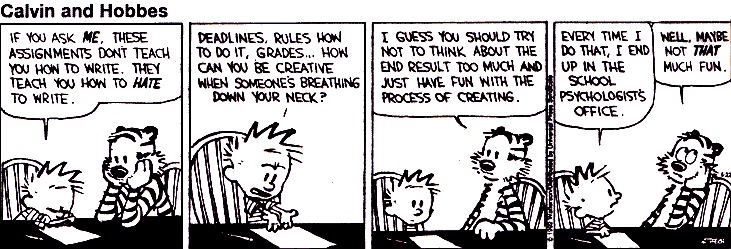
Over the past years as I’ve been writing my books there have been times when the words just didn’t seem right. There have been times when I haven’t felt like writing. A typical question that students I speak to, or interviewers ask is how I deal with writer’s block. This is how.
1. It’s in your mind. It doesn’t exist. Believe it.
By acknowledging that it does not exist. I try not to get discouraged and I certainly don’t label it as a writer’s block. Typically you may get this block either when you’re in the middle of writing something or you might find yourself unable to start something new. Continue reading “GuestPost: Five tips to smash that writer’s block”

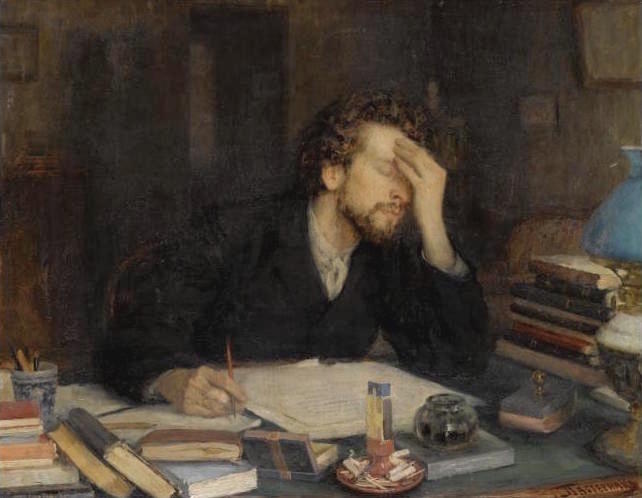
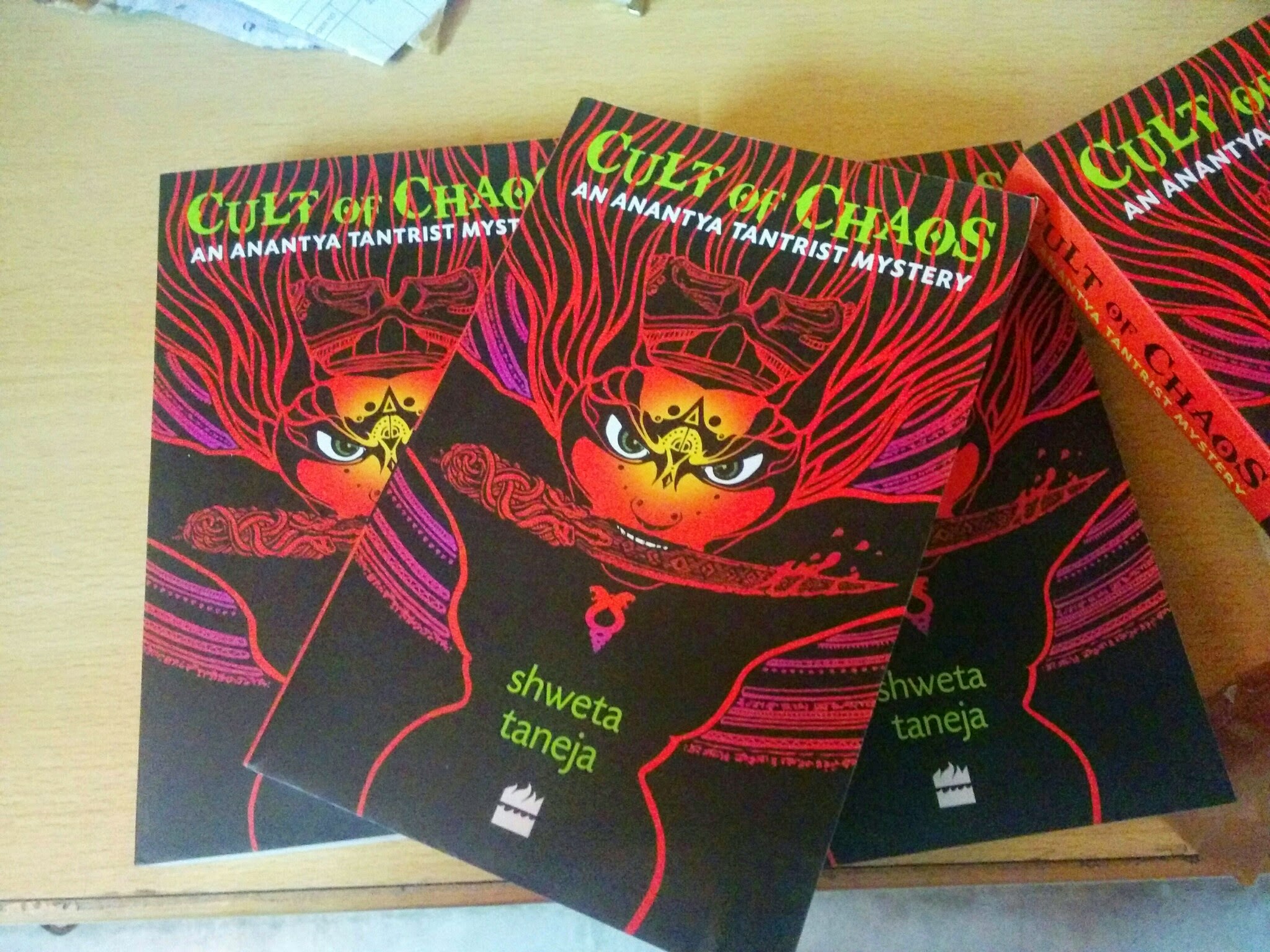
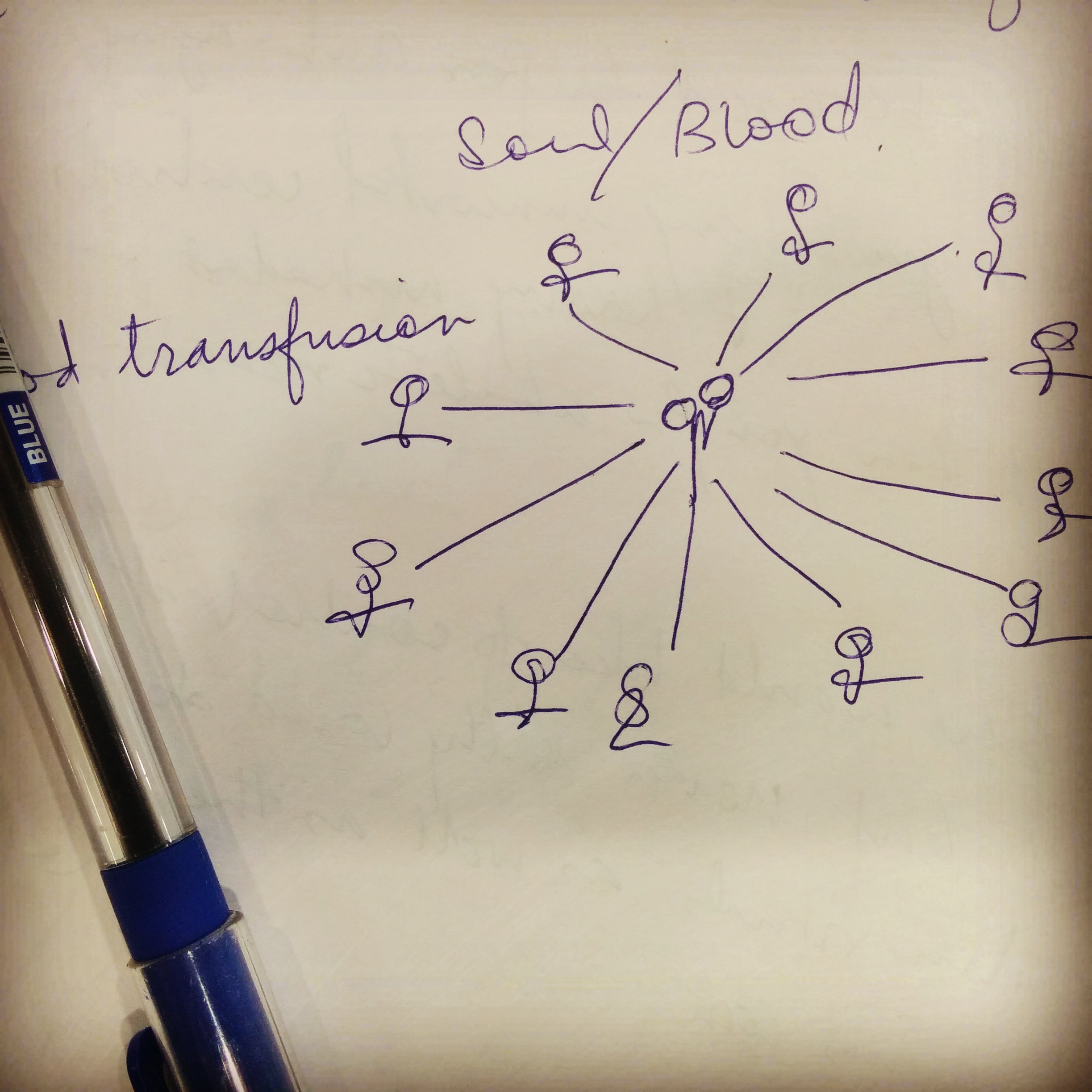

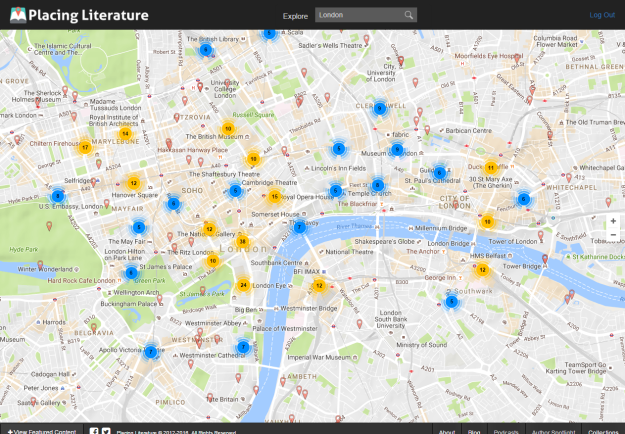
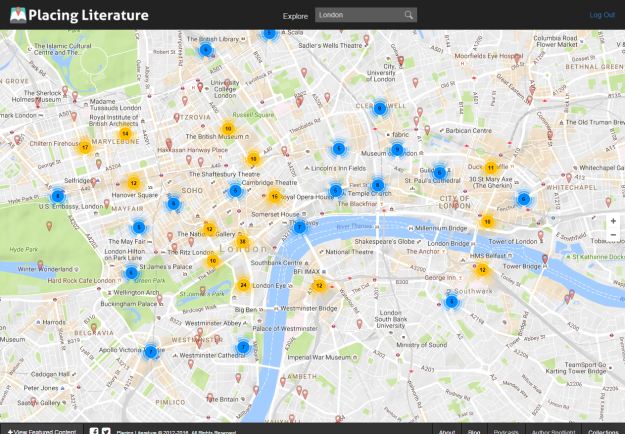
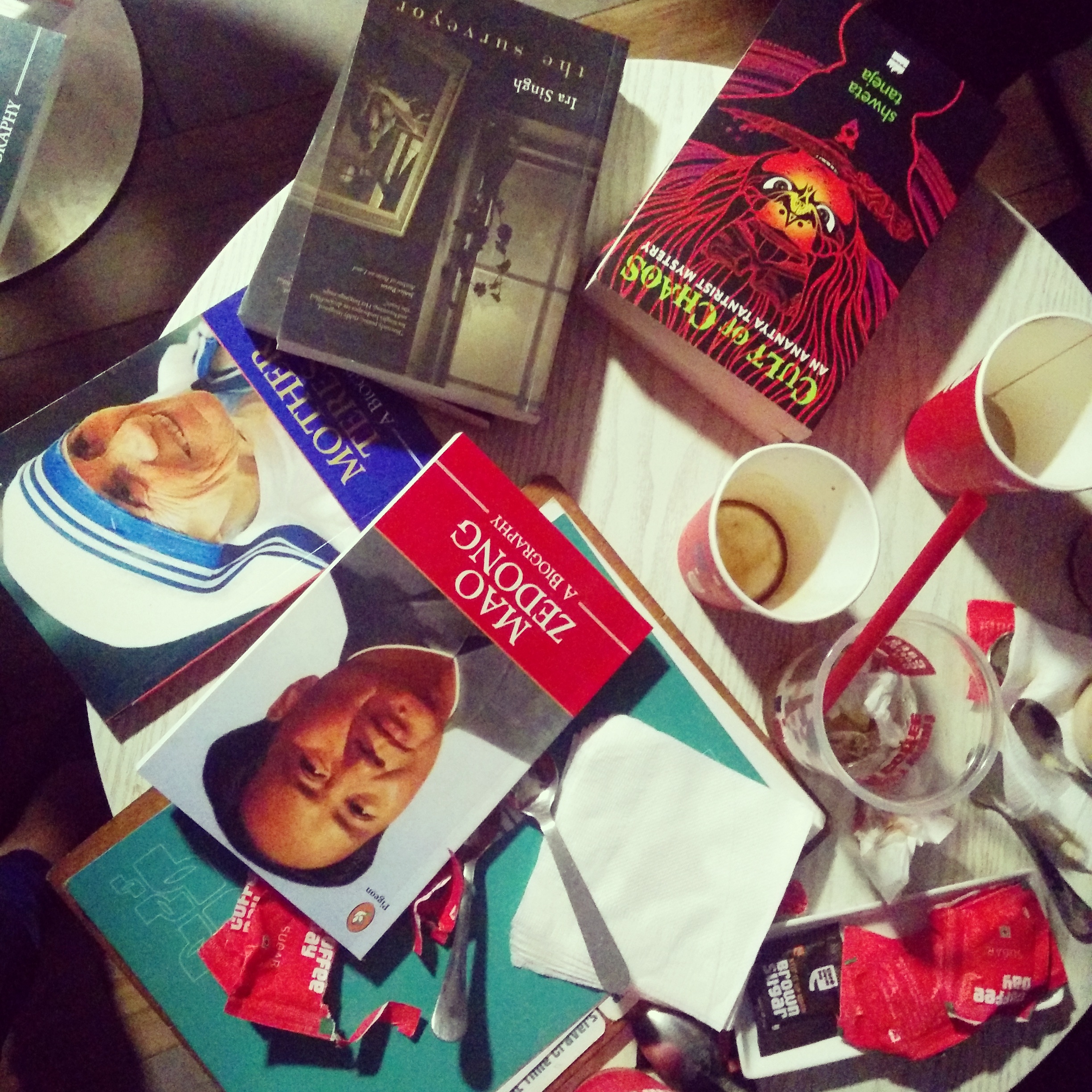
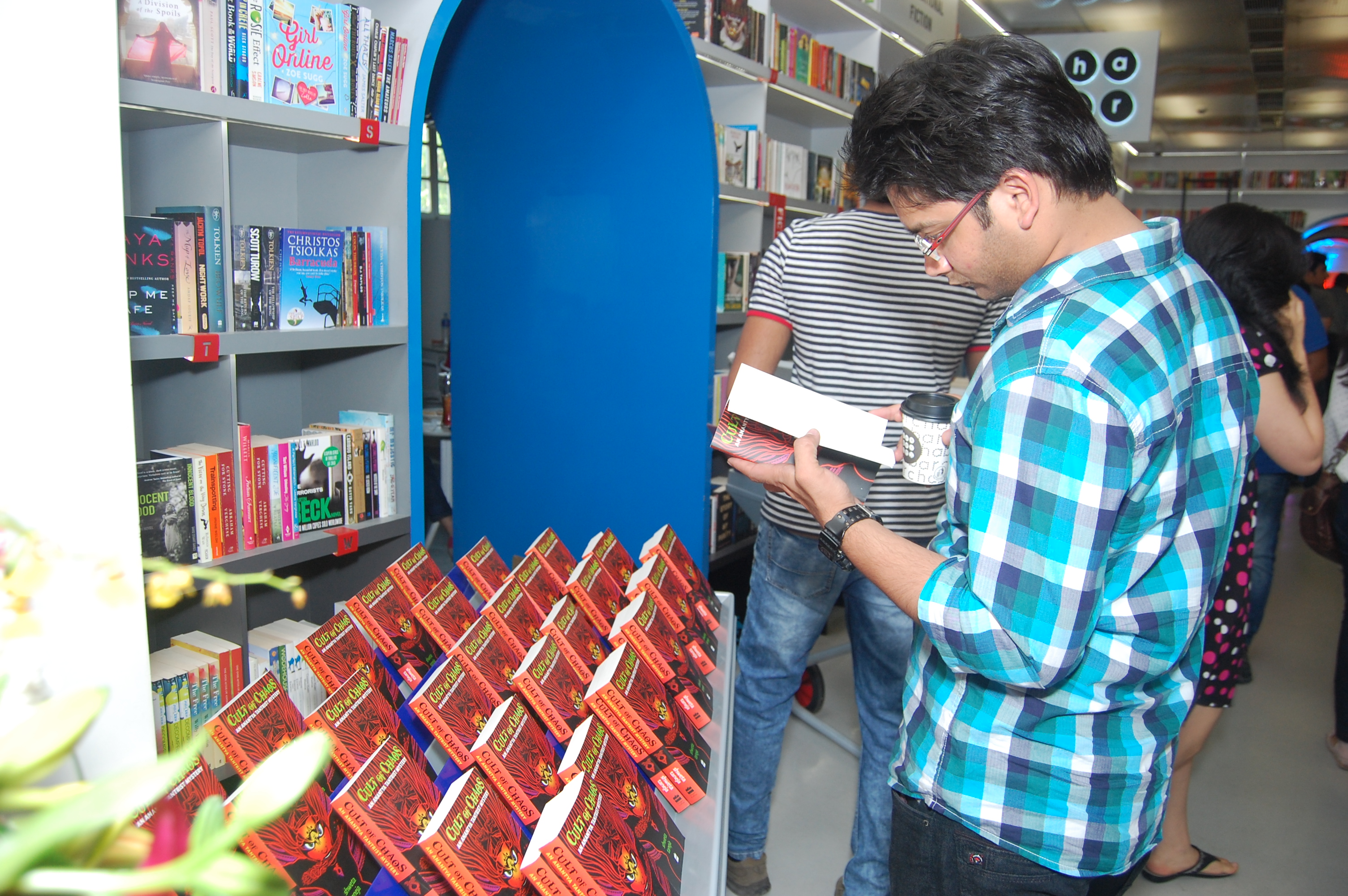


 STEP 2: How much time will I take?
STEP 2: How much time will I take?


